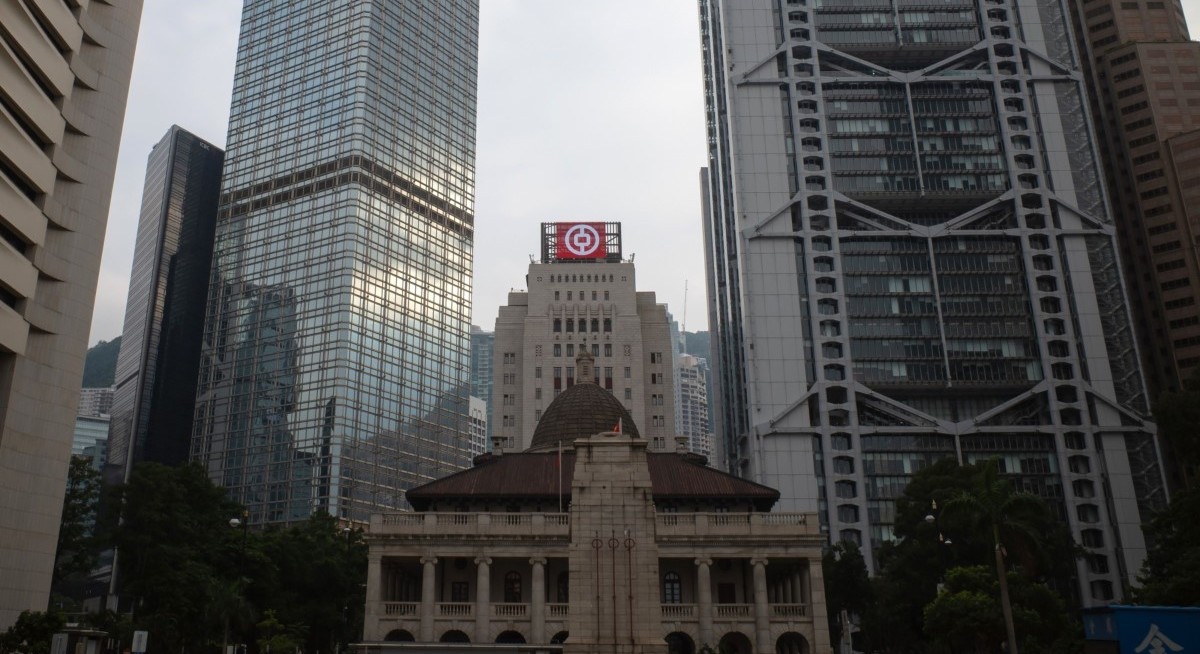HSTECH represents the latest addition to Macquarie Warrant’s suite of warrants over foreign indices. It already issues warrants for major indices such as the S&P500, Nikkei 225, and the HSI.
“The launch of the HSTECH Warrants comes at an opportune time for Singapore investors as technology companies are leading the global equity markets rally and investor demand for Chinese technology companies has been increasing rapidly,” says Dean Herbert, Head of Listed Product Distribution, Asia, Macquarie Commodities and Global Markets.
See also: Nvidia-led boom set to turn chips into trillion-dollar industry
“We are delighted that Macquarie is listing the first HSTECH warrants in Singapore, broadening the suite of structured products on SGX that offer exposure to regional stocks and indices,” says Keri Neo, Head of Securitised Products at SGX.
“SGX fully supports initiatives that offer our customers more investment opportunities, and will continue to further investor education efforts together with our issuers,” she adds.
See also: TikTok hit by EU ultimatum over addictive design dangers
Macquarie issued two call and two put warrants for HSTECH with different strike levels, catering to investors with different risk appetites and views on the tech sector. These track the movements of the relevant futures over HSTECH from market making hours between 9.15AM and 4.28PM.
“Chinese technology stocks have supported the market and continued to break their all-time highs in the recent months. With the high volatility in Chinese technology stocks, trading opportunities in the HSTECH index will be bountiful and we expect the HSTECH warrants to be as attractive as the Hang Seng Index warrants in Singapore,” says Jamie Chung, Head of Singapore Warrants at Macquarie Warrants.
Macquarie Warrants is the largest issuer of structured warrants by market share in Singapore. It is present in Hong Kong, Thailand, Taiwan, Malaysia and Singapore. It is affiliated with the Macquarie Group, a diversified financial group with US$398.4 billion ($527.3 billion) under management as of September 30.




